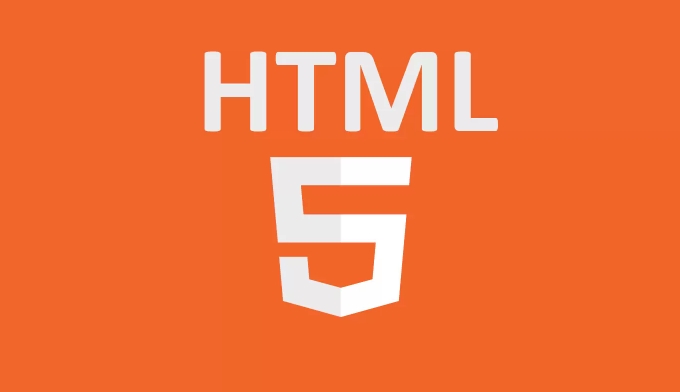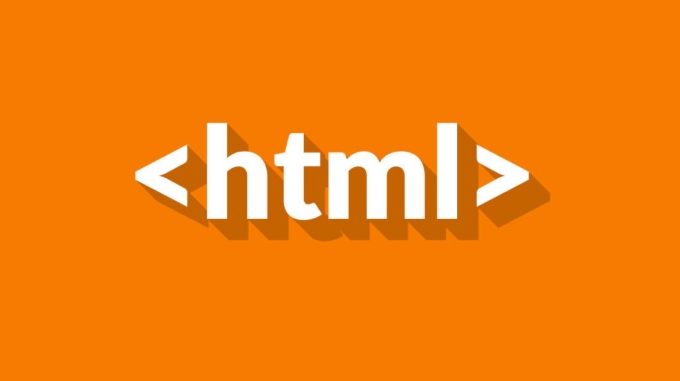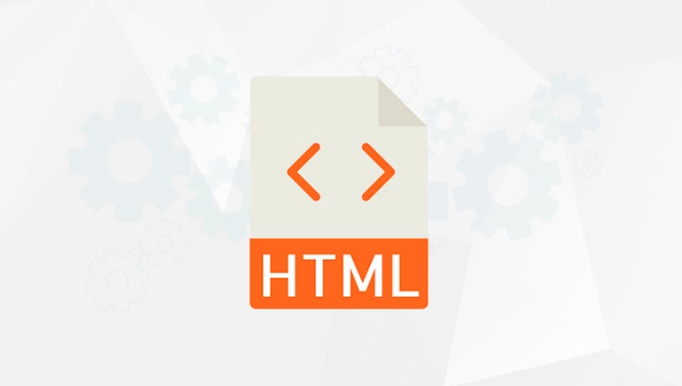Yes, you can link a phone number using the tel: URI scheme. 1. The tel: prefix initiates a phone call when clicked, opening the device’s dialer with the number pre-filled. 2. Phone numbers must be in E.164 format (e.g., 14155555555), starting with a plus and country code, avoiding spaces or special characters. 3. Tel: links are used in mobile websites, email newsletters, in-app content, and QR codes, though desktop support is limited. 4. Tips include ensuring the number is up to date, testing across devices, providing the visible number alongside the link, and considering a fallback message for clarity.

Yes, you can link a phone number using the tel: URI scheme — it’s actually one of the simplest ways to make a phone number clickable on websites or apps. Here's how it works and what you need to know.

What does tel: do exactly?
The tel: prefix is a special kind of link that tells a device to initiate a phone call when someone taps or clicks it. Unlike regular web links (http://), this one triggers the phone app. It works on both mobile browsers and some desktop systems that support calling features.
You just format the phone number like this:

<a href="tel: 1234567890">Call Us</a>
When clicked on a compatible device, it opens the dialer with the number already filled in.
How to format the phone number correctly
Phone numbers for tel: links should be written in E.164 format, which basically means starting with a plus sign and the country code. Here's why:

- ?
tel: 14155555555– good format (US number) - ?
tel:415-555-5555– may not work reliably - ?
tel: 442079460018– correct format for UK numbers
You don’t have to add dashes or parentheses — in fact, keeping it simple makes it more reliable across devices.
Also, avoid spaces or special characters unless you're sure they’re supported. Stick with plain digits and the plus at the start.
Where can I use tel: links?
These links are most commonly used in:
- Mobile websites (especially contact pages)
- Email newsletters (if you know your audience uses mobile email clients)
- In-app content where deep linking to phone functions is desired
- QR codes that point to a landing page with a call link
Note: On many desktop browsers, clicking a tel: link won’t do anything unless the system has a calling app or service set up (like Skype or Google Voice). So always treat it as an optional convenience, not the only way to provide a number.
Tips and common issues
Here are a few things people often miss:
- Make sure the number is updated — if you change phone providers or numbers, your
tel:link becomes useless. - Test it on different devices — especially iOS and Android, since their behavior can vary slightly.
- Don't assume all users want to click to call — still provide the visible number next to the link.
- Consider adding a fallback — like a message saying “Tap here to call” so users know what will happen.
If you're building a website or app, it’s a good idea to wrap the tel: link in a button or clearly labeled text, so it's obvious it's clickable.
That’s basically it. It’s straightforward once you know the right format — just don’t forget to test it out before publishing.
The above is the detailed content of How to link a phone number with tel:?. For more information, please follow other related articles on the PHP Chinese website!

Hot AI Tools

Undress AI Tool
Undress images for free

Undresser.AI Undress
AI-powered app for creating realistic nude photos

AI Clothes Remover
Online AI tool for removing clothes from photos.

Clothoff.io
AI clothes remover

Video Face Swap
Swap faces in any video effortlessly with our completely free AI face swap tool!

Hot Article

Hot Tools

Notepad++7.3.1
Easy-to-use and free code editor

SublimeText3 Chinese version
Chinese version, very easy to use

Zend Studio 13.0.1
Powerful PHP integrated development environment

Dreamweaver CS6
Visual web development tools

SublimeText3 Mac version
God-level code editing software (SublimeText3)

Hot Topics
 What is the role of (formerly PortalVue) in Vue 3 for rendering content outside the current component's DOM hierarchy?
Jun 11, 2025 am 12:09 AM
What is the role of (formerly PortalVue) in Vue 3 for rendering content outside the current component's DOM hierarchy?
Jun 11, 2025 am 12:09 AM
Vue3 is used to render content outside the current component DOM structure. 1. It allows you to move elements such as modal boxes, prompt tools to other locations on the page to solve layout problems, z-index hierarchy and accessibility problems; 2. When using it, you need to wrap the target content and specify the target selector, such as; 3. Vue will physically move the corresponding DOM node to the specified position while maintaining responsiveness and event logic; 4. Common application scenarios include modal boxes, notification messages, tooltips and barrier-free content; 5. When using it, you need to ensure that the target element already exists, and pay attention to the style scope and dynamic logic processing. In short, maintaining the logical relationship of component tree through virtual references provides a concise solution for complex UIs.
 What are some strategies for managing CSS and styling at scale in a large Vue project?
Jun 10, 2025 am 12:10 AM
What are some strategies for managing CSS and styling at scale in a large Vue project?
Jun 10, 2025 am 12:10 AM
TomanageCSSandstylinginlargeVueprojectseffectively,adoptscopedstylesbydefault,establishaglobalCSSarchitecture,useconsistentnamingconventions,selectivelyleverageCSS-in-JSorutilitylibraries,enforceconsistencywithlinters,anddocumentdesigntokens.Beginwit
 How can CSS be used to implement dark mode theming on a website?
Jun 19, 2025 am 12:51 AM
How can CSS be used to implement dark mode theming on a website?
Jun 19, 2025 am 12:51 AM
ToimplementdarkmodeinCSSeffectively,useCSSvariablesforthemecolors,detectsystempreferenceswithprefers-color-scheme,addamanualtogglebutton,andhandleimagesandbackgroundsthoughtfully.1.DefineCSSvariablesforlightanddarkthemestomanagecolorsefficiently.2.Us
 What are some common techniques for vertically centering content using CSS?
Jun 12, 2025 am 10:27 AM
What are some common techniques for vertically centering content using CSS?
Jun 12, 2025 am 10:27 AM
Vertical centering content can be implemented in CSS in a variety of ways, the most direct way is to use Flexbox. 1. Use Flexbox: By setting the container to display:flex and in conjunction with align-items:center, vertical centering of child elements can be easily achieved; 2. Combination of absolute positioning and transform: suitable for absolute positioning elements, by setting top and left to 50% and then using translate (-50%,-50%) to achieve centering; 3. CSSGrid: Through display:grid and place-items:center, horizontal and vertical centering can be achieved at the same time. If only vertical centering is required, use align
 Can you explain the difference between em, rem, px, and viewport units (vh, vw)?
Jun 19, 2025 am 12:51 AM
Can you explain the difference between em, rem, px, and viewport units (vh, vw)?
Jun 19, 2025 am 12:51 AM
The topic differencebetweenem, Rem, PX, andViewportunits (VH, VW) LiesintheirreFerencepoint: PXISFixedandbasedonpixelvalues, emissrelative EtothefontsizeFheelementoritsparent, Remisrelelatotherootfontsize, AndVH/VwarebaseDontheviewporttimensions.1.PXoffersprecis
 How does in Vue 3 help manage asynchronous components and their loading states?
Jun 10, 2025 am 12:07 AM
How does in Vue 3 help manage asynchronous components and their loading states?
Jun 10, 2025 am 12:07 AM
SuspenseinVue3simplifieshandlingasynccomponentsbymanagingloadingstatesandintegratingerrorhandling.1.Itwrapsasynccontentanddisplaysfallbackcontentlikespinnersuntilthecomponentloads.2.YoudefineasynccomponentsusingdefineAsyncComponentandwraptheminaSuspe
 What are slots (default, named, scoped) in Vue, and how do they enable flexible component composition?
Jun 10, 2025 am 12:08 AM
What are slots (default, named, scoped) in Vue, and how do they enable flexible component composition?
Jun 10, 2025 am 12:08 AM
InVue,slotsareessentialforbuildingreusableandflexiblecomponents,andtherearethreemaintypes:default,named,andscoped.Defaultslotsallowaparenttopasscontentintoachildcomponentwithnospecificplacement,idealforsingle-sectioncomponentslikecards.Namedslotsenab
 How does Vue's error handling mechanism (e.g., errorCaptured hook, app.config.errorHandler) work?
Jun 10, 2025 am 12:12 AM
How does Vue's error handling mechanism (e.g., errorCaptured hook, app.config.errorHandler) work?
Jun 10, 2025 am 12:12 AM
Vue provides errorCaptured hooks and global error handlers to deal with application errors. 1. The errorCaptured hook can capture JavaScript errors in the child component tree, including errors in the life cycle hook and rendering function, receive error objects, error components and error location information, and can prevent errors from bubble upward by returning false. 2. Global error handling is configured through app.config.errorHandler, which is used to capture unexpected errors in the entire application, receive error objects, component instances and error type information. It is suitable for rendering functions, life cycle hooks, watcher callbacks and other scenarios, but does not automatically capture errors in event processing or asynchronous operations. 3.






